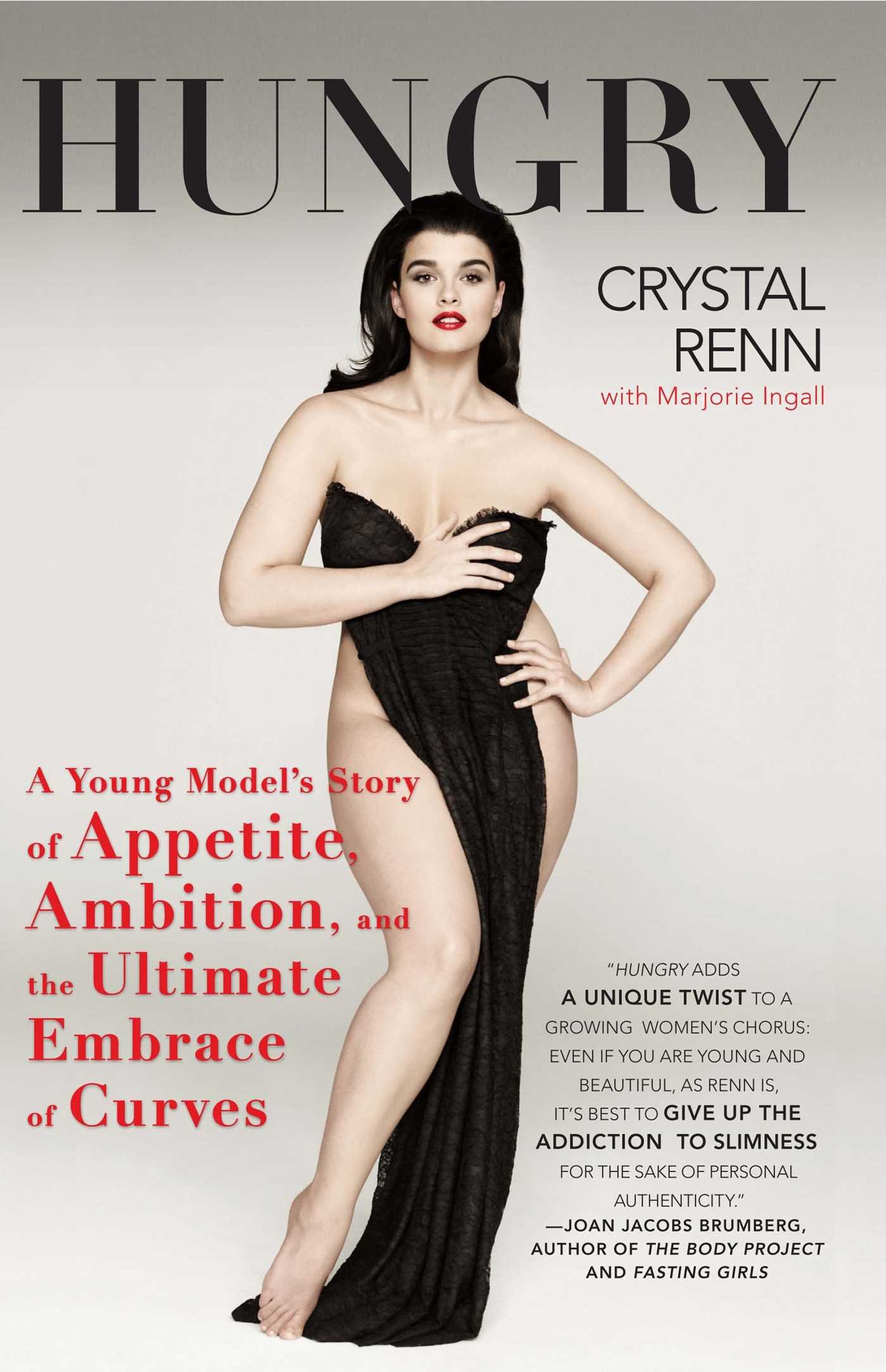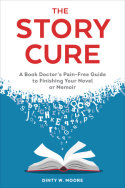
It is rare that I read a book about anorexia that doesn't make it seem glamorous. It's not. It's so not. And Crystal Renn does a wonderful job of showing eating disorders for what they are: miserable quests for self-denial and restriction that has a person believing that their weight (or lack of) will make all their dreams come true.
In "Hungry," Renn shares the misery and self-punishment she goes through trying to make herself as thin as her modeling agents want her to be. Many people may not realize how secretive this life is, even when it's immersed in a lifestyle like modeling where thin is always in. Renn describes working out manically, hiding 8-hour workout sessions from everyone, including gym staff by working out at different gyms so her extreme exercise regiment isn't detected.
Not surprisingly, all of her anorexic antics backfire. She doesn't get the coveted modeling assignments she longs for and her health deteriorates quickly. Unlike so many young women, though, she comes to her senses and confides in her agent that she's been starving herself and working out so much that her body is in agony. She makes the decision, with her agent, that she will pursue a different type of modeling: plus-size modeling.
Sadly, "plus-size modeling" seems to be anything above size 8. Renn is the first to agonize over that fact. She does plenty of research for this book on health, weight, dieting, the history of modeling, and social factors that enter into a culture's vision of beauty. All of that makes this memoir a very compelling read.
But on top of that is her personal revelations of how restricted and empty she felt as she pursued her dream of being a supermodel versus the joy and growth she felt as she began to accept her body the way it was. You can read it in her words and in her story. Renn is outspoken about how important it is to love yourself and that only through that acceptance and happiness can you achieve your dreams.
It shows in her pictures, which are the centerfold of the book. It shows her as a healthy teenager. Then as an emaciated model who looks dead inside and out. Finally, as a plus-size model who looks sexy as hell!

I loved reading this book and wish every girl who starves herself, or thinks that everything will be better if only she could lose a few pounds would read Renn's story. I, for one, am taking it to heart. It's making me rethink how I view "healthy" and what absurd rewards I think I would gain if I could just lose some weight.
Bravo, Crystal! No wonder you're a star!





